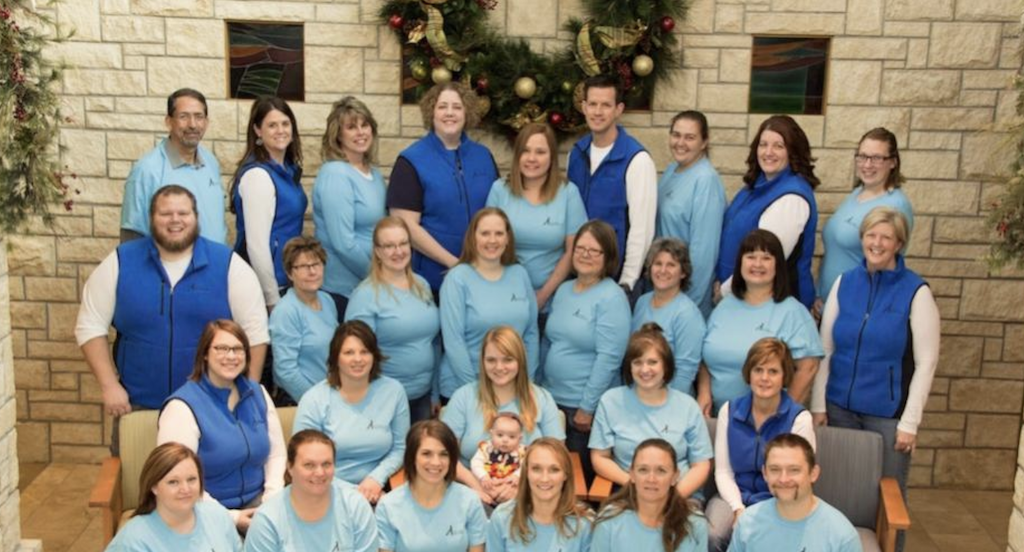
By Christy Kaufman, Care Manager, Post Rock Family Medicine
Since Post Rock Family Medicine began our care management program in May, we’ve seen first-hand the direct impact it can have on our patients and our practice. Care management has proven to be incredibly valuable because it allows our practice to improve so many aspects of our patients’ health and care.

In leading our care management program, two recent cases come to mind as standout examples of how care management can comprehensively improve patient health and wellness.
One summer Friday, I received a call from a patient with diabetes who was enrolled in our care management program. She called our 24-hour care management hotline to notify the practice that her glucometer was broken and that she would not be able to take blood sugar readings until her new one arrived – scheduled to be delivered a whole week later. She could not afford to get one rush shipped or from another source.
The patient knew she could reach the practice – due to the hotline – and wanted to let us know she would not be providing blood sugar information to her telemedicine monitoring program throughout the week. Concerned about her stability without a way to monitor and report her blood sugar, we jumped into action to get her a glucometer right away.
I reached out to the director of nursing at our local hospital, and she found an available glucometer for the patient to use. As the patient was without transportation, I picked up the glucometer and was able to deliver it to her home the very same day. Instead of being without a critical tool she needed for upwards of a week, the patient had it – free of charge and right away after contacting us.
By providing her with a replacement glucometer until her new one arrived, we offered peace of mind for the patient and for ourselves – knowing that we could monitor any abnormal blood sugar measurements and take appropriate actions, and possibly prevent an unnecessary hospitalization.
Another case study emphasizes the role of the home visit that we conduct anytime a new patient enrolls in our care management program. During these visits, we introduce the program and begin to develop a personal connection with the patient.
On one of these such visits, while I was doing our standard pharmaceutical review, a patient expressed worry about the expensive cost of her medications. This cued me to walk through her health insurance information, and in doing so, I discovered that she had recently become dual-eligible for Kansas Medicaid as well as Medicare, but was unaware and not utilizing it.
I was not only able to explain this to the patient, but also helped get her Medicaid information to the pharmacy, local hospital, our practice, and her DME supplier – significantly reducing her monthly health care expenses. Without the personal connections developed and information gathered during our care management home visits, this patient would have had more out-of-pocket expenses, and the stress that comes with higher health care costs.
In both of these cases, our care management program improved patient care. However, each case also highlights how care management comprehensively encompasses all aspects of patient health – from preventive care to financial wellness. Using the Aledade app, we’ve been able to identify high-risk patients, prioritize them for our care management program, and better monitor their health and care. So far, we’ve seen outstanding results – and heard complementary feedback from patients – and I look forward to seeing the successes to come.
